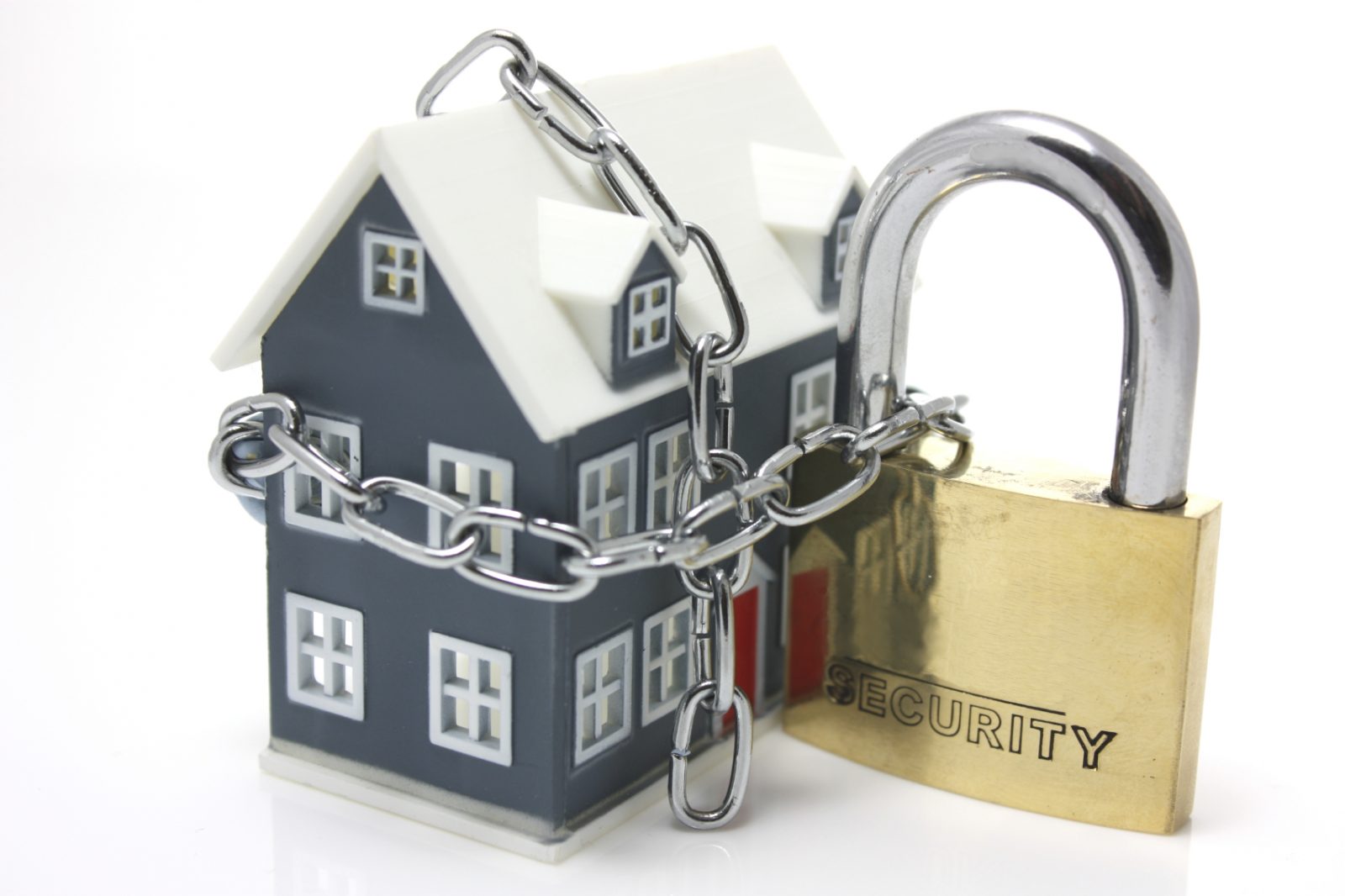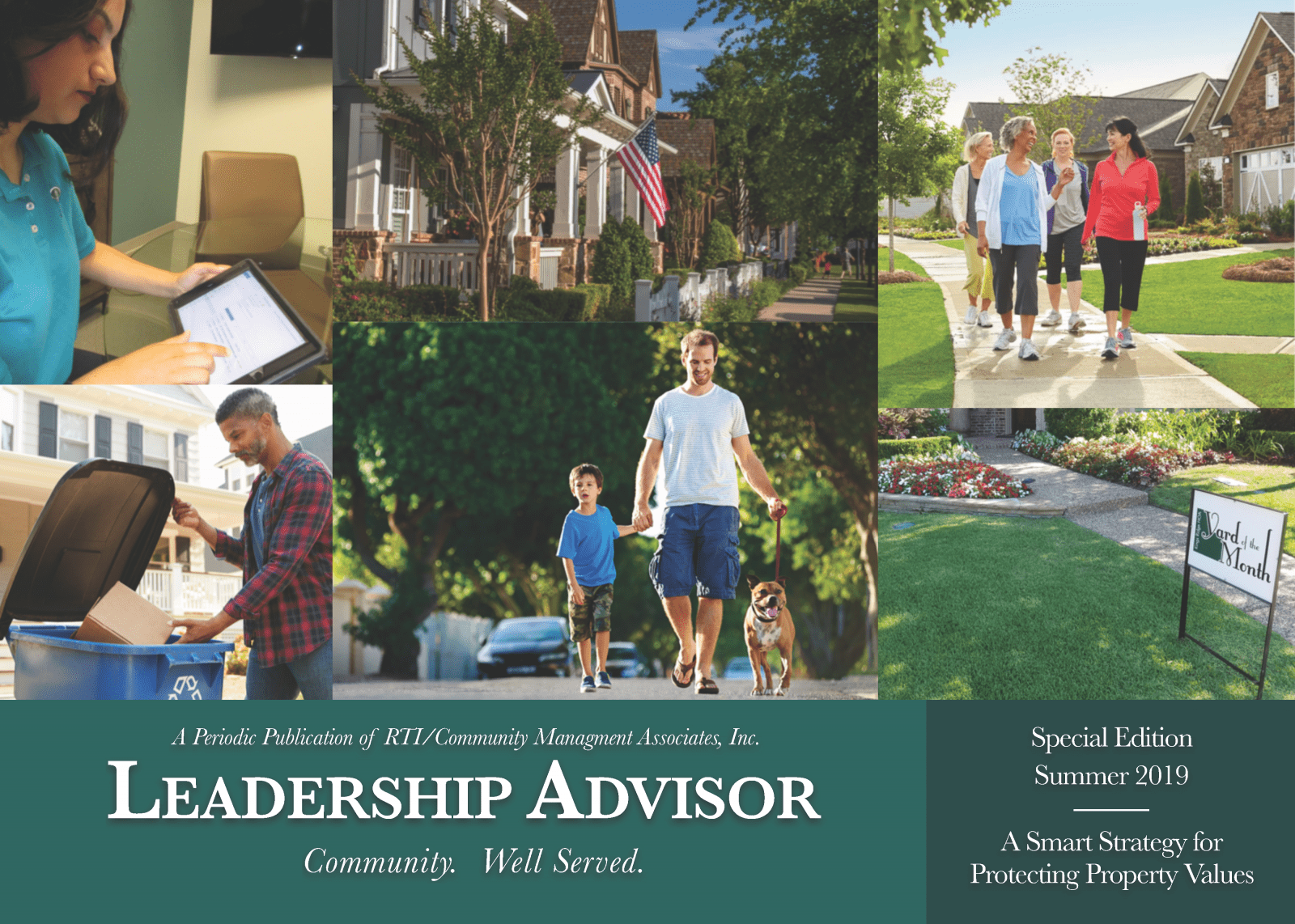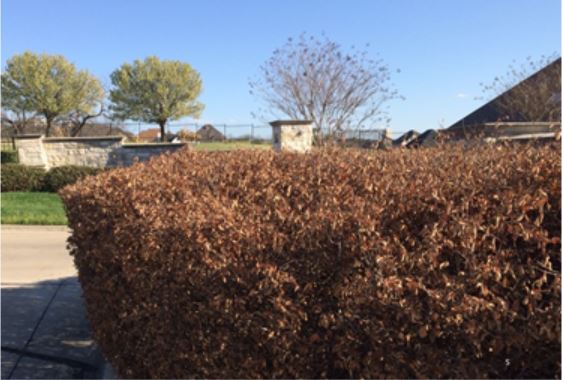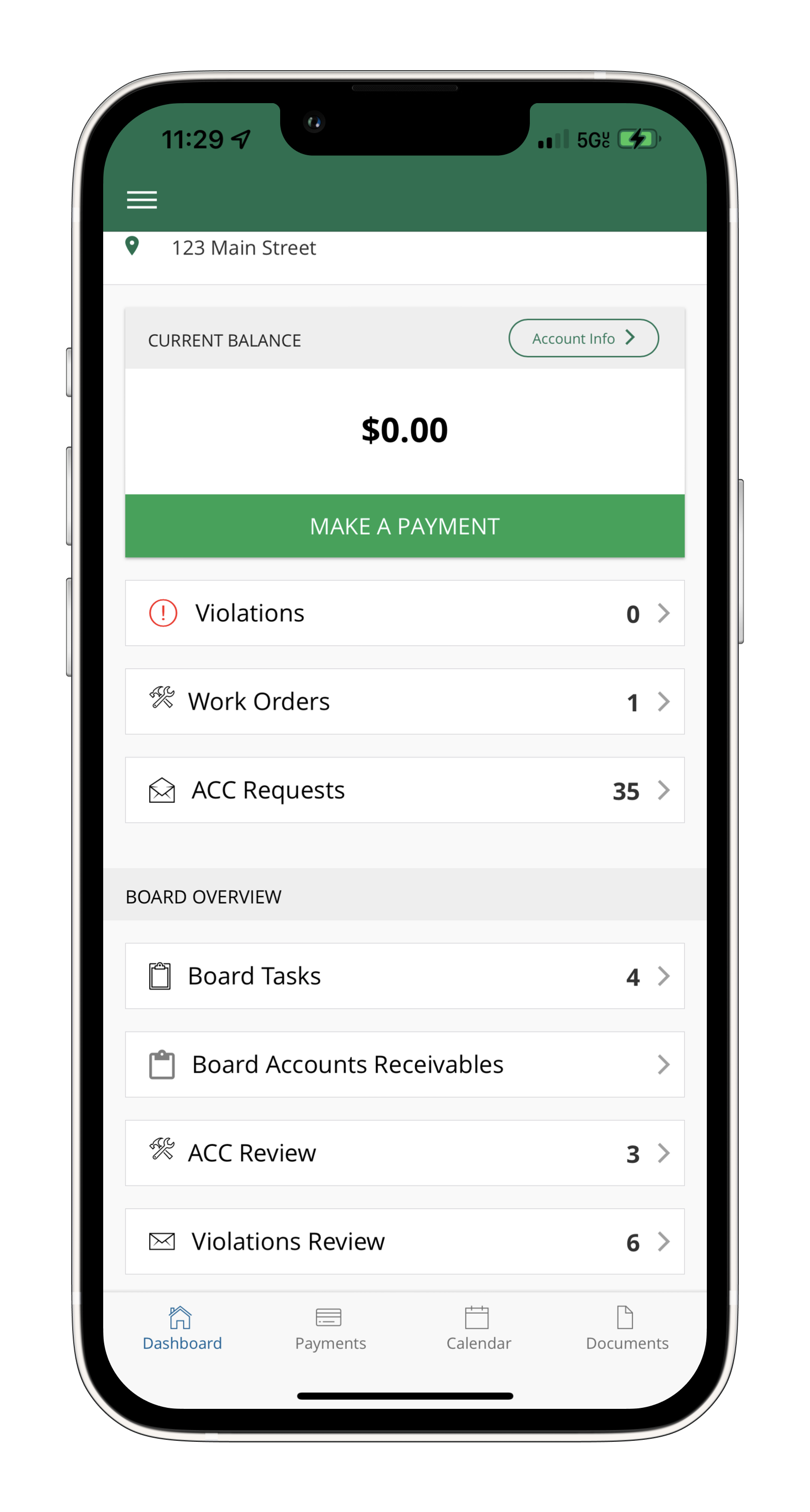


Protect Your Home from Burglary While on Vacation
June 3, 2019


Leadership Advisor: Summer 2019
June 20, 2019
Risk mitigation is as important to homeowners associations as it is to medical practitioners.
A homeowners association (HOA) must have property owners’ association insurance, just as individual homeowners must have homeowner’s insurance. There are three main types of policies that the Board must purchase: 1) Protection against lawsuits (general liability and directors & officers insurance), 2) Protection for individual owners (HO-6), and 3) Protection of property (property casualty insurance).
These HOA insurance policies are needed to protect the board, the association, and homeowners against the many risks associated with liability and property maintenance concerns. The process of arriving at which policies to purchase and determining proper insurable values is fairly complex and involves legal counsel. Here, we provide a step-by-step approach to getting your association properly insured:
Two Critical Considerations
To purchase the right types insurance for your particular properties that will protect your business, as well as residents’ interests and property values, there are two key considerations.
- Mandatory – Permissible – Desirable: Should your association simply meet the minimum mandatory requirements for coverage due to budget constraints, or could this prove insufficient for your objectives? A consultation that involves specialized legal counsel and an insurance agent will help you determine where your HOA falls on this spectrum.
- Amount of Coverage for the Property Casualty Policy: Your association attorney can help your board determine whether to invest in an actual cash value policy or a replacement cost policy. The cash value policy is generally defined as covering the cost to repair or replace with material of like kind and quality, minus depreciation. If this isn’t defined in the policy, Texas law defines actual cost as the fair market value. Replacement cost is the cost to replace a damaged, destroyed, or lost asset in current dollars, and is not determined by fair market value.
Appraisal Setting and Insurable Value
To determine the amount of coverage necessary for your property casualty policy, you will need to consult with a professional appraiser and obtain a written report. A valuation service relies on national, state, and local data to determine the component costs of your property, and to determine the current fair market value. Because HOA common properties differ widely, only an expert with access to this data and expertise in applying it can take the guesswork out of the equation, especially with the replacement cost approach.
It is sole responsibility of the Board and not the manager, nor the insurance carrier or agent to get a professional appraisal and set the insurable value. In fact, this is chief among all of the Board’s oversight and management functions.
Potential Consequences of Insufficient Insurance
When budgets are tight, it can be tempting to cut corners in this process. Some boards rely on insurance agents’ expertise and fail to bring in legal counsel. Others rely on personal experience or a review of nearby HOA properties’ values, rather than the methodology and data used by an appraisal and valuation service.
(We) have seen the catastrophic consequences of insurance corner-cutting time and again. These include
- Insufficient funds for reconstruction and inability to rebuild
- Possible special assessments and their associated costs
- Depletion of HOA reserve funds for repair and replacement of assets
- Forced, undesired relocation
- Legal claims against the association and its officers and directors
Risk mitigation is as important to homeowners associations as it is to medical practitioners, and your own experience and observations likely prove this true. Though the process of getting properly insured is complex, homeowners expect and rely on a Board to complete its due diligence.


Chad Robinson
HOA Attorney; Shareholder, Riddle & Williams, P.C.







